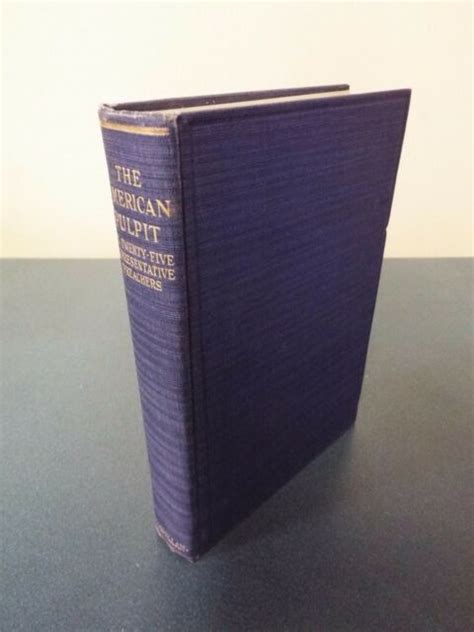A Quote by Mark Twain
War talk by men who have been in a war is always interesting; whereas moon talk by a poet who has not been in the moon is likely to be dull.
Related Quotes
NASA was invented as a response to Cold War steps. There are those who presumed that we went to the moon because we're explorers. We went to the moon because we were at war with the Soviet Union. And so when it became clear that they (Soviet Union) were not going to the moon, we're done with the moon.





































